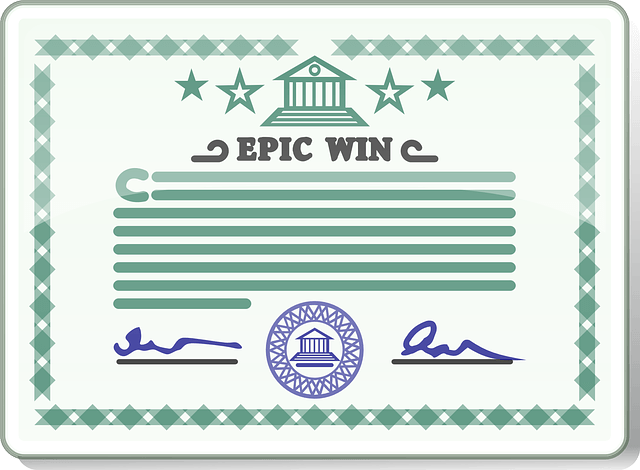Certificate vs. Certification
While the terms certificate and certification may seem similar, they have distinct differences. A certificate is awarded upon successful completion of an educational or vocational training program, typically by the institution itself. On the other hand, certification involves the legal approval of professionals for their job eligibility or the endorsement of products for their standards by an authority. Certificates are obtained after a learning process, while certifications are gained after an assessment process that meets the requirements of the certifying body. The term ‘certificate’ refers to the document that proves a person has gained a particular qualification, whereas ‘certification’ highlights the process of certifying.
What is a Certificate?
A certificate is a document that states the qualification a person has obtained, certified by the authoritative figures of the awarding body or institution. Certificates are typically awarded after the successful completion of a degree, diploma, vocational training course, or certificate course in a specific discipline. They are often presented as evidence of a particular qualification. Educational institutions may also award certificates to students in recognition of a talent or skill, such as creative writing. Unlike certifications, certificates can be obtained by anyone who successfully completes a course, regardless of their job-related experience.
What is Certification?
Certification is the process of certifying professionals, services, or goods for their eligibility, quality, or standards after a standardized evaluation process. Certifications are typically granted by a government, independent authority, or internationally recognized standard-setting body, such as the International Organization for Standardization (ISO). To receive certification, a professional, service provider, or product manufacturer must meet the standards set by the evaluating authority. Professionals may need a certain amount of experience to be considered for certification. Certifications often result in credentials that can be used after a professional’s name (e.g., C.P.H; Certified in Public Health) and may require ongoing standards to maintain.
Key Takeaways
- A certificate is a document proving a particular qualification, awarded by an educational institution after completing a course.
- Certification is the process of legally approving professionals for their job eligibility or endorsing products for their standards, conducted by an authoritative body.
- While certificates are more academically oriented, certifications are linked to the accreditation of professionals or quality assurance of products.
